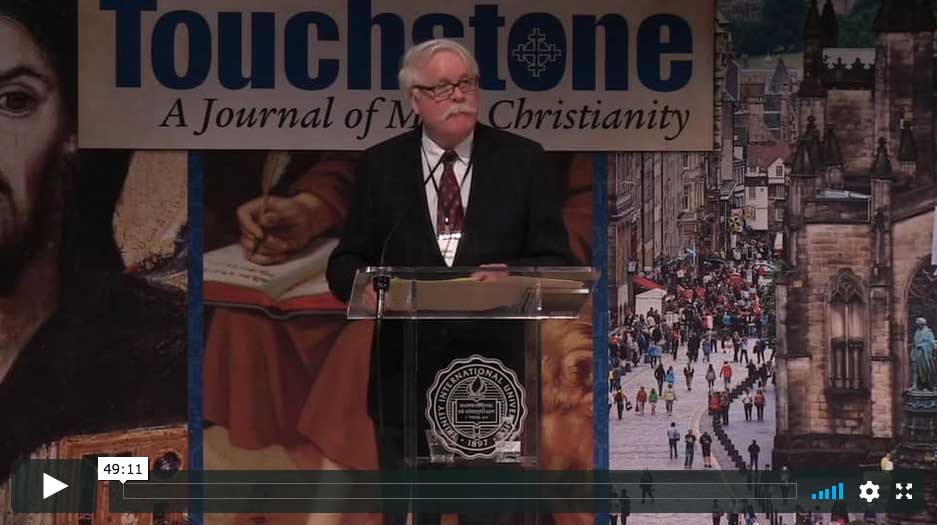

The Winthrop Fleet, which was funded by the Massachusetts Bay Company, came ashore in 1630.ĭitto across the 19th century, even as Americans shaped and re-shaped the meaning of the nation. Whatever else they thought they were creating when the Founders shaped a constitutional republic, it was not a city on a hill. Jefferson was not alone among the Founders who ignored, or simply did not know, Winthrop’s “Model of Christian Charity.” The essay-I call it that because as Rodgers notes applying the term “sermon” is problematic-did not circulate, was not re-printed, and seems not to have influenced the debates over independence or the Constitution. After all, Thomas Jefferson called Penn “the greatest law-giver the world has produced.” He never mentioned Winthrop. Quaker Philadelphia, it has always seemed to me, foreshadows what the United States would become more than the Puritan outpost of Boston. Perhaps foremost among those, if we are looking for American origin stories, was William Penn’s Philadelphia. Lots of other settlers across the North American continent in the 17th and 18th centuries saw themselves as “Chosen People” too, enacting their own holy experiments. For his part, Winthrop never used the phrase “city on a hill” again.īesides, divine purpose was not the exclusive domain of the Puritans. Further, there is actually no evidence that Winthrop’s fellow passengers heard (or read) the essay as they made their way across the ocean. It doesn’t really envision a future utopian experiment across the Atlantic. “A Model of Christian Charity” was written as part of the political and religious debates swirling in the world of Reformation England. Without being glib about it, much of what he finds is not very much. This postcard depicts a recreation of the Arbella, the ship that carried John Winthrop and his fellow Puritans to present-day Massachusetts.

#Errand into the wilderness summary series
With that shot across the bow, Rodgers proceeds in a series of short but masterful chapters to trace the history of the phrase-and “A Model of Christian Charity,” the larger “sermon” from which it came-in American culture from the 17th century to the present. As Daniel Rodgers summarizes: “Most of this is a modern invention and much of it is wrong.” That scene is part of the American origin story, central to our national creed.Įxcept that it isn’t. The story goes like this: In 1630, as a brave and beleaguered collection of English Puritans ventured to their destiny on the tiny ship Arbella, their leader John Winthrop delivered a soul-stirring sermon in which he invoked that biblical vision to steel his shipmates and give the whole enterprise a providential purpose. Either way you know it because it is so familiar, as woven into the very fabric of the American idea as “we the people” and “all men are created equal.”
#Errand into the wilderness summary driver
By braiding the development of the modern intelligence agency with the story of postwar American religion, Errand into the Wilderness of Mirrors delivers a provocative new look at a secret driver of one of the major engines of American power.“As a City on a Hill.” Depending on your temperament you find the phrase inspirational or empty. As Graziano makes clear, these misconceptions often led to tragedy and disaster on an international scale. But more tellingly, Graziano shows, American intelligence officers were overly inclined to view powerful religions and religious figures through the frameworks of Catholicism. In a practical sense, this was because the Roman Catholic Church already had global networks of people and safe places that American agents could use to their advantage. Graziano argues that the religious approach to intelligence by key OSS and CIA figures like "Wild" Bill Donovan and Edward Lansdale was an essential, and overlooked, factor in establishing the agency's concerns, methods, and understandings of the world.

Fittingly, Errand into the Wilderness of Mirrors investigates the dangers and delusions that ensued from the religious worldview of the early molders of the Central Intelligence Agency. Michael Graziano's intriguing book fuses two landmark titles in American history: Perry Miller's Errand into the Wilderness (1956), about the religious worldview of the early Massachusetts colonists, and David Martin's Wilderness of Mirrors (1980), about the dangers and delusions inherent to the Central Intelligence Agency.



 0 kommentar(er)
0 kommentar(er)
